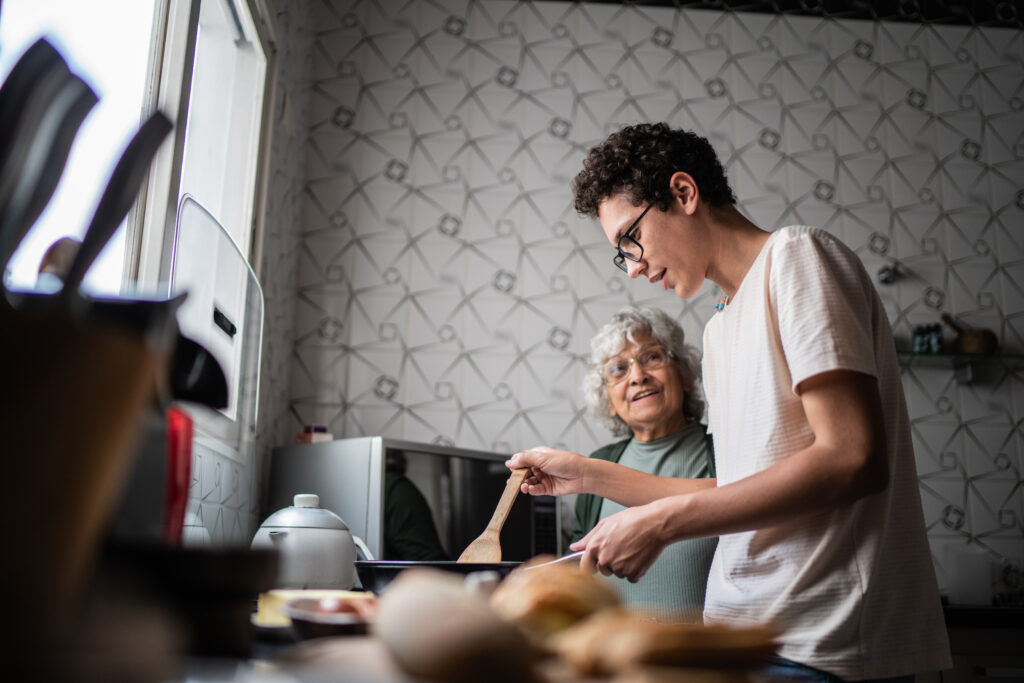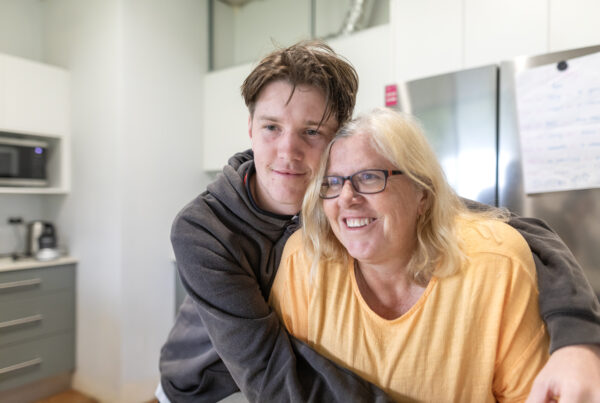
Adolescents have a profound impact on the dynamics of any family. They may distance themselves emotionally and seek validation from their peers rather than from family. They may introduce new values, potentially conflicting with the current family rules.
One day your lovely baby becomes a teenager. Where did the time go, you wonder, and… just like that… chaos invades your home. Out of the blue, they start demanding independence with inflated self-esteem, like they are about to conquer the world, challenging parents’ guidance as if they are superheroes taking down villains.
Then, they’re off in their own corner, seeking validation from peers on social media and following the latest trendy Instagram challenge, leaving parents worried and wondering if they’re even speaking the same language or if they even know each other at all. And just when you thought you had it figured out, they toss in new hobbies and new interests like flipping channels on the TV remote, and family dinners resemble a debate show.
This transition often leads to increased conflicts and misunderstandings. Parents find themselves in turmoil, trying to adapt their parenting styles and communication strategies to maintain a harmonious family environment for the other siblings and themselves. Some parents start to question their parental skills and even consider themselves failures, believing they have a dysfunctional family when this is not always the case.
Parents play a crucial role in shaping family dynamics. But how can you navigate those difficult years while keeping your family close and maintaining a healthy and positive family environment?
Dr Emma Allende
Breaking the Cycle: Reshaping Family Dynamics
- Be Kind to Yourself: Being kind to yourself sets the stage for a home where everyone feels loved and valued. All members of the family must be aware of the importance of being kind to themselves, as well as respecting each other with dignity and consideration, contributing to a harmonious environment where everyone feels valued and heard.
- Flexibility and Adaptability: Families face various changes and challenges over time. Flexibility and adaptability are essential to navigate transitions smoothly, supporting each other through ups and downs, just as the branches of a tree are resilient to the wind by being flexible.
- Regular Catch-Ups: Regular catch-ups, maybe over dinner, are a good way of bonding where everyone feels comfortable sharing their thoughts and feelings. This creates a safe space where all family members can be heard and share both the good and the not-so-great parts of their day.
- Create Memories: Creating memories together by playing games or enjoying outings, such as going out for ice cream or a Friday family movie, helps strengthen family bonds.
- Acknowledge and Celebrate Efforts: Acknowledging and celebrating each other’s efforts and achievements helps protect the self-esteem of family members. Ensure open dialogue is encouraged where everyone can express their thoughts and feelings without fear of judgment. Active listening is equally important to understand each other’s perspectives.
- Common Values and Goals: Common values and goals as a family, along with a shared sense of purpose and direction, are necessary for a healthy family dynamic. Focus on finding solutions that benefit the family as a whole, rather than just one member, to address disagreements.
- Be There for Each Other: Being there for each other during both good and challenging times creates a sense of security, safety, and belonging. Show up for each other’s events, from school sports days and music concerts to ballet rehearsals and difficult times, to strengthen family bonds.
- Establish Healthy Boundaries: Working on establishing clear, healthy boundaries helps maintain balance within the family dynamic. This prevents conflicts and helps everyone know where they stand, giving each other room to grow while staying connected and promoting mutual respect.
Be Patient
Remember, creating a nurturing home where everyone feels valued and connected doesn’t happen overnight. It’s about being present, showing love, and embracing the journey together. Teen years can be a rollercoaster, but with love, respect, and a dash of fun, you can make it the ride of a lifetime.






